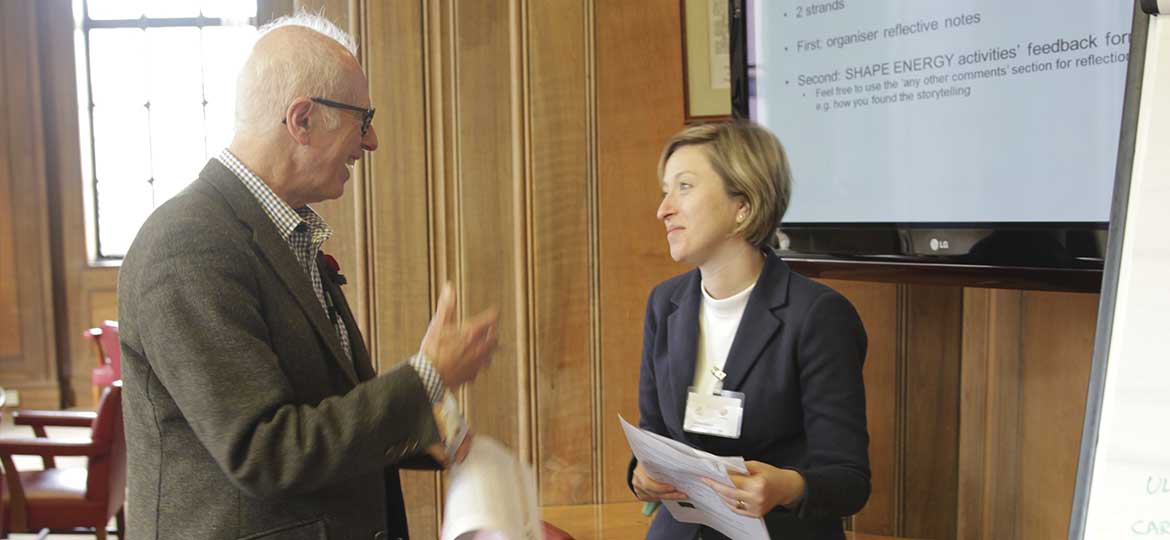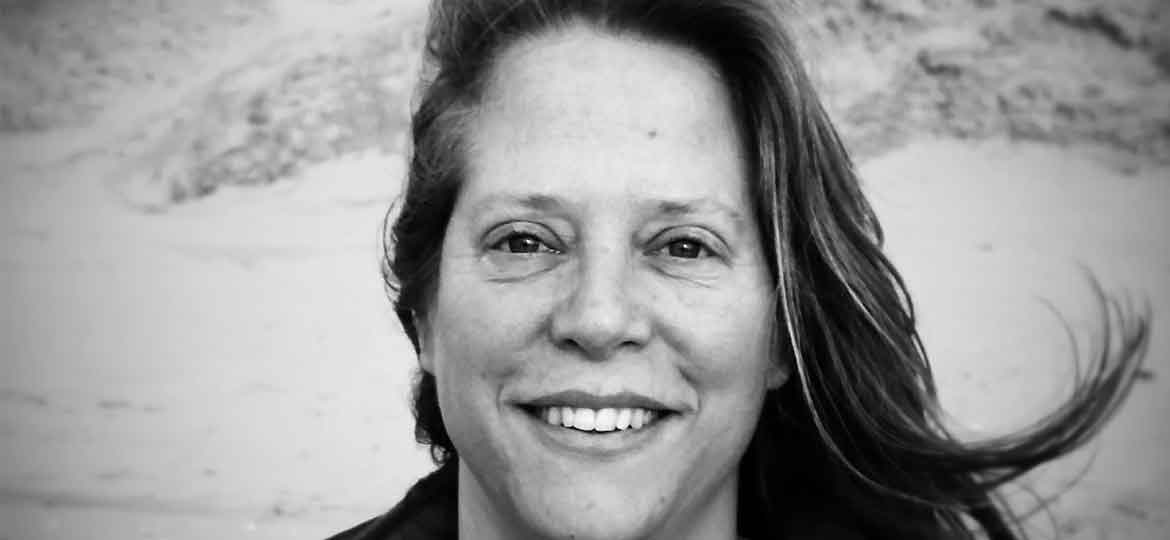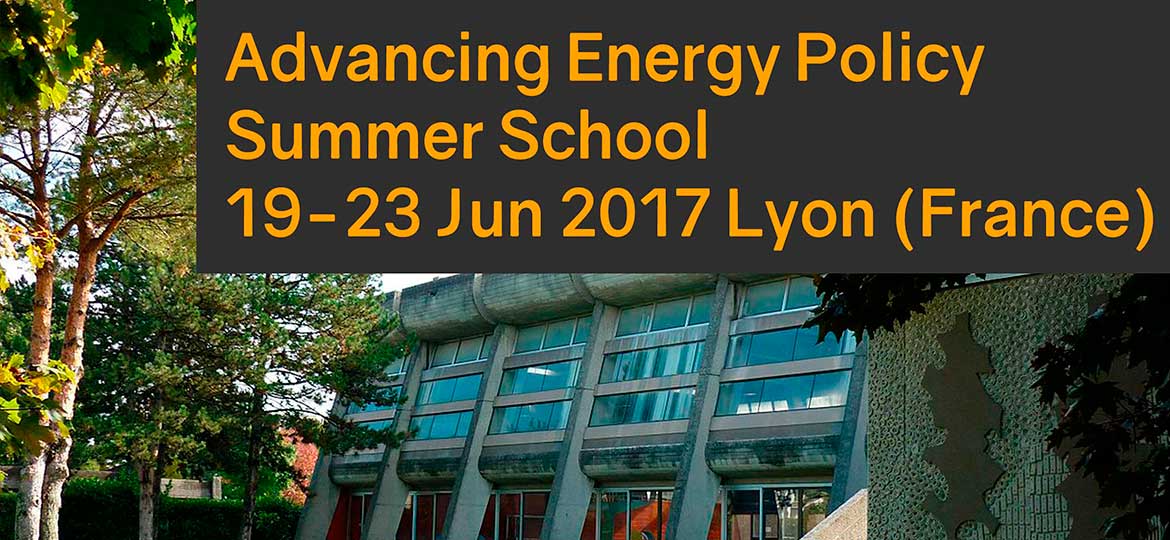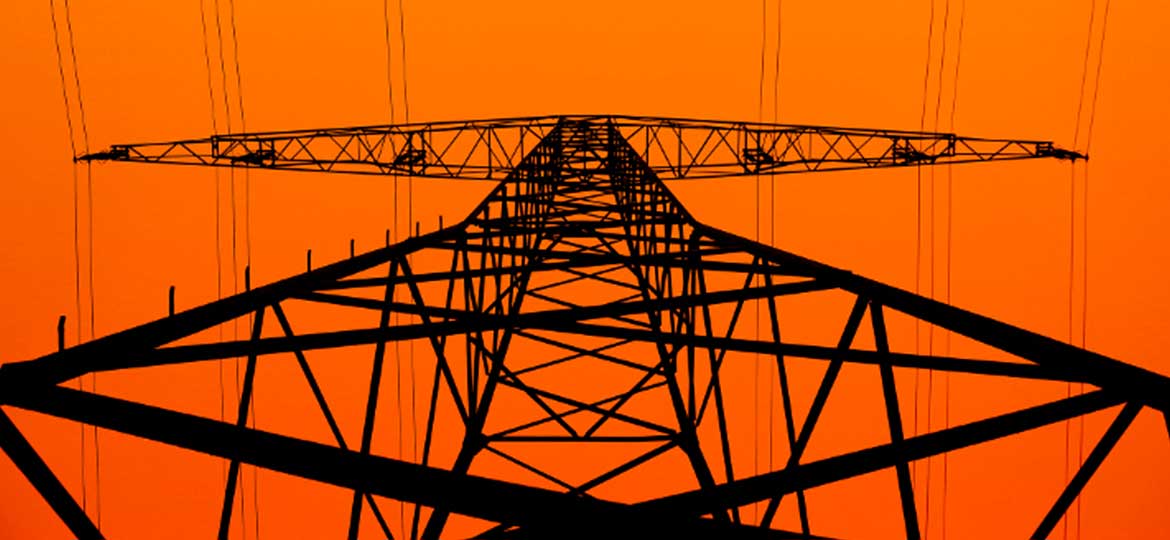Blog: Writing a SHAPE ENERGY bibliography on transport
By Kat Buchmann from Anglia Ruskin University, one of the authors of SHAPE ENERGY annotated bibliography on transport decarbonisation.
Blog: Can Cambridge lead on low-energy housing?
By Rosie Robison, Chris Foulds and Lenke Balint - 28 local stakeholders met in Cambridge for the 2nd SHAPE ENERGY multi-stakeholder workshop.
See our latest publication! Summer school report
The 'ADVANCING ENERGY POLICY SUMMER SCHOOL' took place in June 2017 in Lyon . This report analyses its outputs and reflects on some recommendations.
SHAPE ENERGY funded PhD internships launched!
The SHAPE ENERGY funded internships to explore interdisciplinary working and the role of SSH within H2020 energy/transport projects have taken off.
SHAPE ENERGY workshop in Riga, Latvia
Our first city workshop has taken place in Latvia under the title of 'Challenges and solutions for the refurbishment of multi-apartment buildings in Riga'.
Storytelling: SHAPE ENERGY facilitation guidelines
Using innovative methods proven to enable collaboration and mutual understanding is a central pillar of SHAPE ENERGY.
Could ‘Smart Houses’ help drive down your energy bill?
Is smart technology the answer? Or is greater public awareness needed? Do we really need a computer to turn our lights off for us? Join the debate!
SHAPE ENERGY Think Piece Collection – Call for Abstracts!
Visions for the Energy Union: Driving future energy policy through better integration of Social Sciences and Humanities
H2020 PhD Internships – Few places left!
Ten Horizon 2020 energy projects are ready to welcome ten pairs of energy-SSH researchers for 2-4 week placements. Would you like to be one of them?
Academic workshop in Cambridge: findings and results
Findings from this workshop will directly shape the organisation of upcoming SHAPE ENERGY activities and project outputs.
SHAPE ENERGY Call for Evidence results & response report
More than 200 participants responded to our open call for evidence over April-July 2017. Would you like to know who these contributors are and what they think about the future of energy-SSH? We can tell
Exploring differences: ENERGY LEXICON available!
At SHAPE ENERGY in February 2017 we brought together an interdisciplinary group of leading European energy scholars to discuss definitions for energy-related keywords and phrases.
Research Design Challenge – Call for Abstracts!
We are interested in your theories, methods and approaches to an energy related research problem from your disciplinary point of view.
The SHAPE ENERGY Cross-cutting theme reports
This collection of four reports on energy and gender, multi-stakeholder interests, energy justice and the active consumer are intended for a wide range of audiences.
Annotated Bibliographies PUBLISHED!
Exploring Europe´s energy-SSH research. Would you like to know more about the different ways energy is being researched by Social Science and Humanities (SSH) scholars?
Should all cars be electric by 2025? Join the debate
When will electric cars become the norm? In Europe, we’re still a long way from that point. Sales of electric cars represented just 1.2 % of all new cars sold in the European Union in 2015.
Opinion: Free our minds!
By Ruth Mourik - Like many of you I am explicitly trying to put theory to practice, actively contributing to the transition to a more sustainable world, in particular with respect to energy.
Advancing Energy Policy Summer School
The European project “Social Sciences and Humanities for Advancing Policy in European Energy” (SHAPE ENERGY) will be hosting an international summer school on energy and social sciences and humanities.
SHAPE ENERGY at eceee summer study 2017
How can different disciplines, from engineering to the social sciences and humanities, work together to address today’s energy challenges? Why are some research findings more easily adopted by policymakers than others? This interactive session
How do we get people to consume less energy?
Global demand for energy will increase by almost 50% by the year 2040. Some of that demand is expected to be met by renewables, but a greater portion is likely to come from fossil fuels; oil, coal, and natural gas.
How can we ensure cheap, clean energy for Europe?
How important is it that energy stays cheap? We had a comment from Bódis, who believes that securing cheap energy is vital to keeping Europe competitive.





















